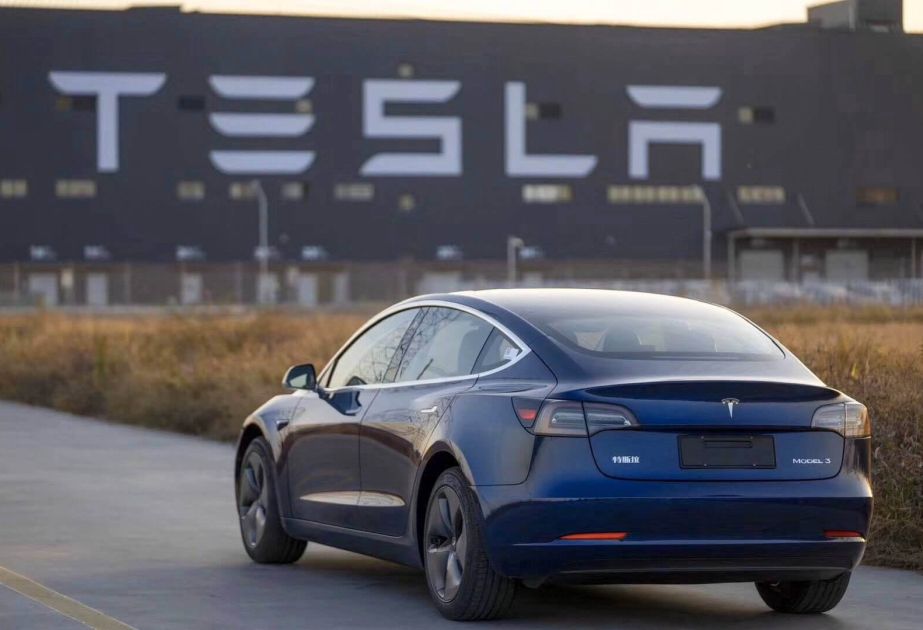Tesla faces potentially largest recall

By Alimat Aliyeva
In 2016, Tesla announced that all of its future cars would come equipped with "all the necessary hardware for full autopilot." The term "fully autonomous driving" has long been part of Tesla’s pitch, with CEO Elon Musk claiming that Tesla owners would eventually receive a software update that would transform their cars into "robotaxis" capable of Level 4-5 autonomous driving. This level of autonomy would theoretically allow cars to drive completely on their own, even without a driver in the vehicle, as described by the American news site Electrek, Azernews reports.
Fast forward almost a decade, and this vision has not yet come to fruition. In fact, it seems increasingly unlikely that it will—at least for the majority of Tesla vehicles produced over the past ten years.
Tesla's earlier claim that its cars were equipped with "all the necessary hardware for full autonomy" has since been proven to be misleading. Initially, Tesla vehicles were built with a suite of cameras, front-facing radar, ultrasonic sensors, and a computing unit called HW2.5, which the company touted as sufficient for full self-driving capabilities. However, it quickly became clear that HW2.5 was underpowered for the ambitious goals Musk had set. As a result, Tesla started producing vehicles with the new "HW3 self-driving computer" and began offering free upgrades for owners of HW2.5-equipped cars who had purchased the "Full Self-Driving" (FSD) package.
In January 2025, Musk finally admitted that even the HW3 computer, while more capable than its predecessor, is still not powerful enough to achieve the promised Level 4-5 autonomy. As of now, there are around 4 million Tesla cars globally with the HW3 computer installed. Recognizing the gap between Tesla's claims and reality, Musk stated that Tesla would replace the computers in all cars with HW3 for free, provided the owners had purchased the FSD package.
However, Musk also acknowledged that replacing all these computers would be "painful" for the company, though he expressed relief that "not many people have bought the FSD package."
The hardware limitations are a significant part of Tesla’s journey towards autonomy, but so are regulatory and ethical challenges. Even if Tesla were to develop the technology to enable true self-driving, there are still many hurdles ahead—such as legal frameworks and public trust—before fully autonomous vehicles could be widely adopted. Musk’s admission that the road to full autonomy is longer and more complicated than expected underscores the difficulties even a company as innovative as Tesla faces in the realm of autonomous vehicles.
While Tesla continues to improve its software and hardware, it remains to be seen when or if the dream of a truly autonomous Tesla will become a reality for consumers.
Here we are to serve you with news right now. It does not cost much, but worth your attention.
Choose to support open, independent, quality journalism and subscribe on a monthly basis.
By subscribing to our online newspaper, you can have full digital access to all news, analysis, and much more.
You can also follow AzerNEWS on Twitter @AzerNewsAz or Facebook @AzerNewsNewspaper
Thank you!
